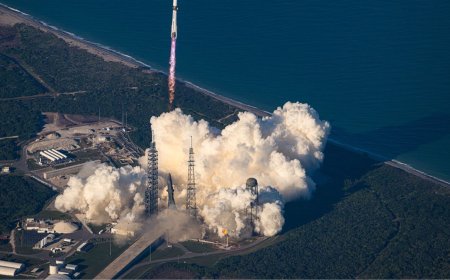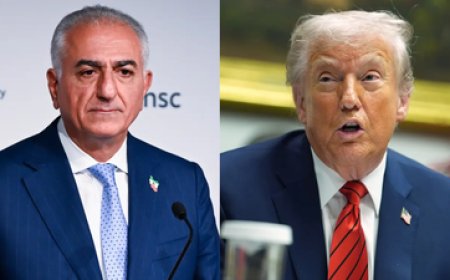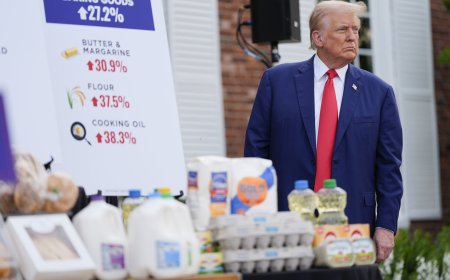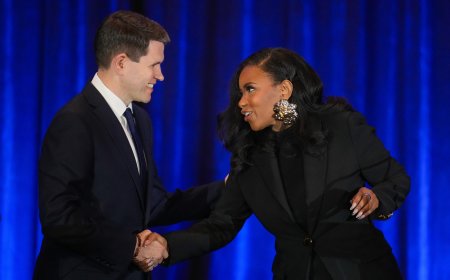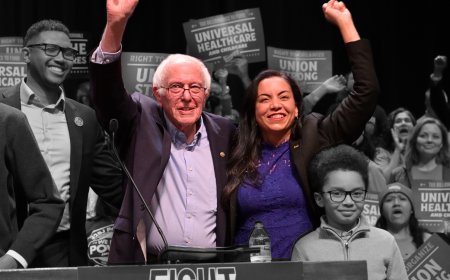Oil at the Center as U.S. and Brazil Edge Toward a Trade War

Brazil is preparing to defend its oil export sector as U.S. President Donald Trump threatens to impose a 50% tariff on Brazilian imports starting August 1. The move has escalated tensions between the two countries, with Brazilian President Luiz Inácio Lula da Silva vowing reciprocal action: “If he charges us 50%, we’ll charge him 50%,” Lula told local media outlet Record.
Oil is Brazil’s top export to the United States, and until now it had been exempt from a 10% tariff already imposed on other Brazilian goods. In 2024, Brazil exported a record 1.78 million barrels per day (bpd), of which 243,000 bpd were shipped to the U.S., according to government data compiled by consultancy StoneX. The prospect of a steep tariff on crude has raised concerns about short-term disruption but not long-term damage.
“These tariffs may generate short-term noise in trade flows and impact margins on spot contracts, but do not represent a structural risk,” BTG Pactual analysts Luiz Carvalho and Gustavo Cunha said in a client note. They expect Petrobras—Brazil’s largest oil producer—to remain largely unaffected, noting that only 4% of its oil exports went to the U.S. in Q1 2024.
While the U.S. market accounts for roughly 37% of Petrobras’ refined product exports, analysts believe these flows can be redirected with minimal impact. “In absolute terms, it’s a small volume, and Petrobras should be able to find alternative buyers,” BTG added.
Still, the Brazilian Petroleum Institute (IBP), which represents oil majors like Petrobras, Shell, TotalEnergies, and Equinor, has expressed concern and urged the government to pursue a diplomatic resolution. The Institute is awaiting clarification on whether oil will remain exempt under Trump’s revised tariffs.
Lula has convened a ministerial group to study Brazil’s response, warning that the country may also appeal to the World Trade Organization. He cited Brazil’s new Reciprocity Law as a legislative tool to counter tariff hikes from foreign governments.
As U.S. tariffs are delayed until August 1, Brazil is attempting to safeguard a sector that has become increasingly important for its economy. With export volumes rising and diversification underway, Brazil may weather the immediate fallout—but a prolonged trade war could test even its flexible energy strategy.
By Charles Kennedy for Oilprice.com
